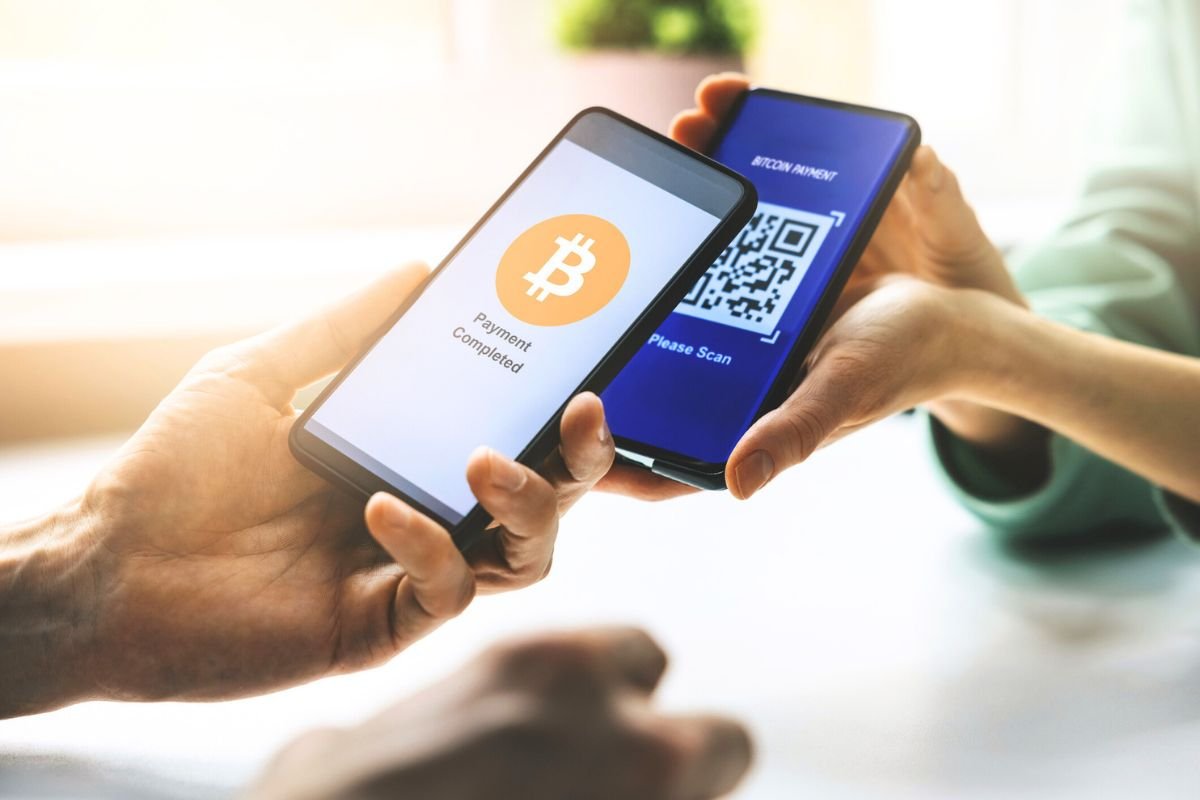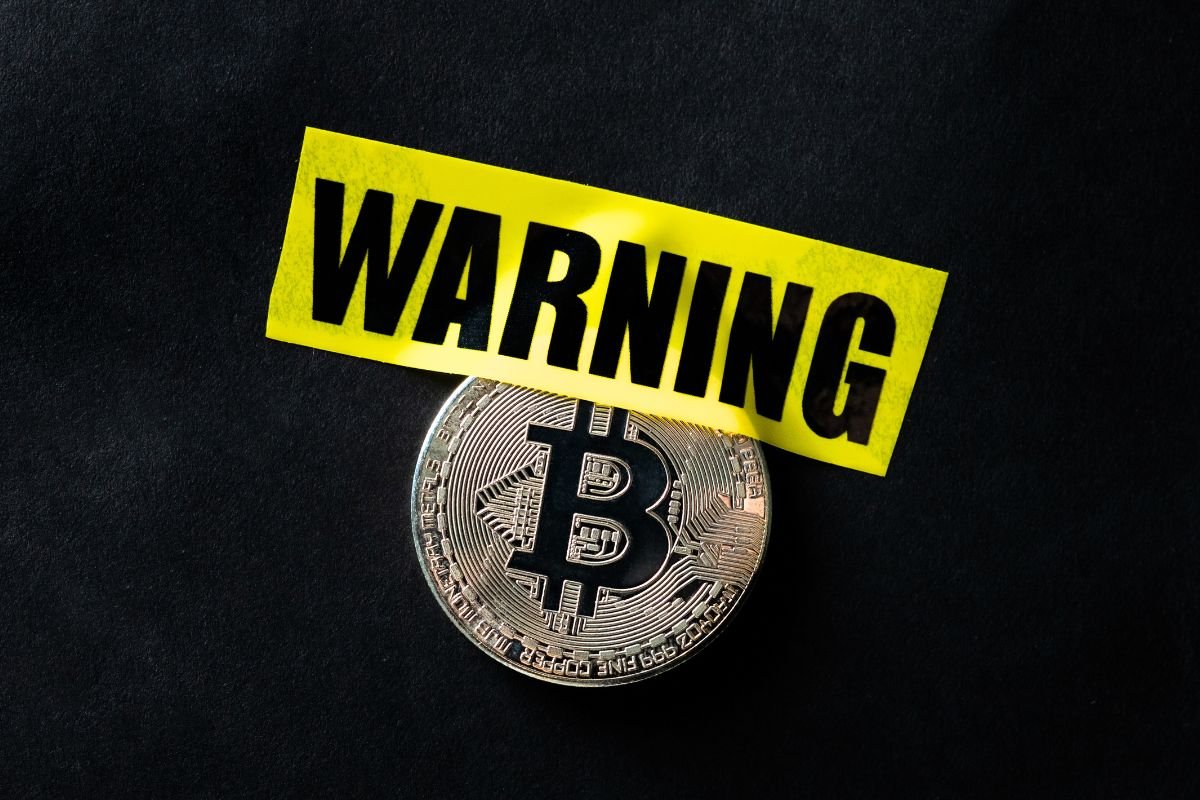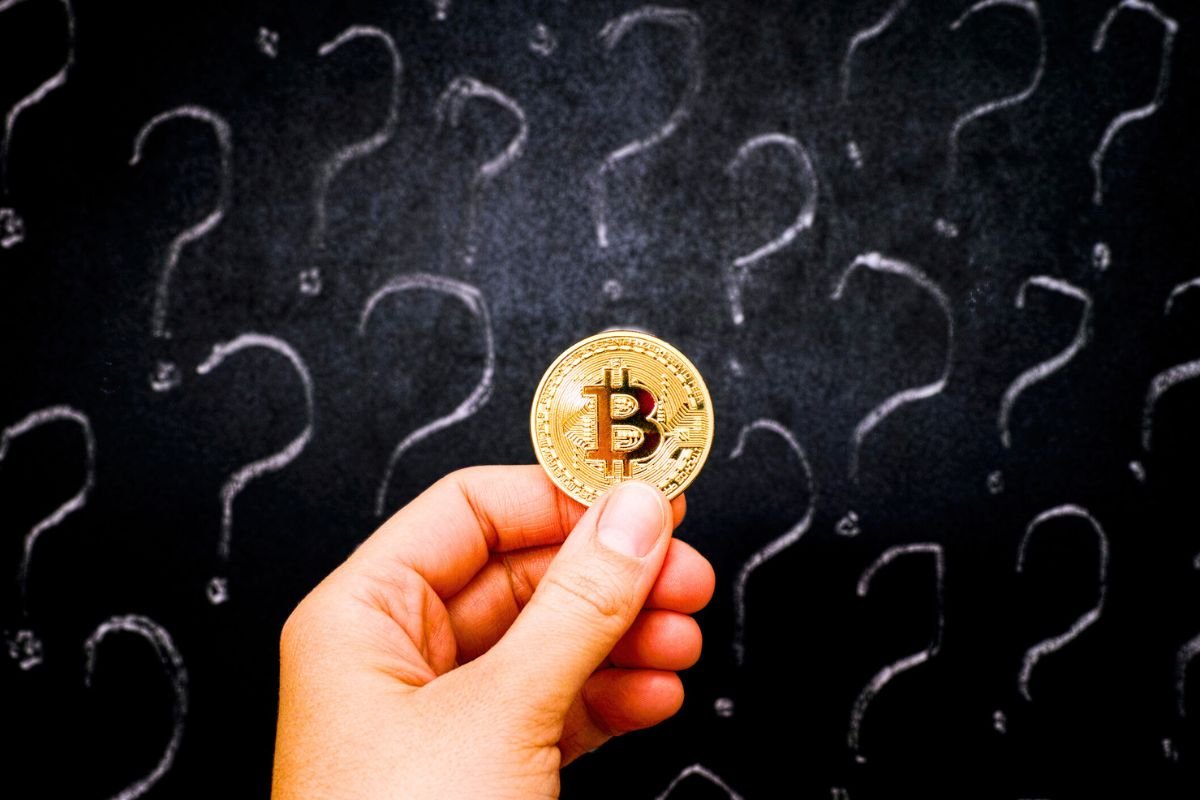
Can you really use cryptocurrency for everyday shopping?
- Why Happiness Is the Real Currency—Better Than Any Crypto Investment - November 11, 2025
- How to start investing in cryptocurrency the smart way - September 1, 2025
- The 5 mistakes to avoid if you want to invest in crypto safely - August 31, 2025
Paying for your morning coffee with bitcoin still isn’t a reality for most people in France, but in some parts of the world, digital currencies are slowly making their way into everyday transactions. Before you start filling your virtual wallet for groceries and taxi rides, it’s worth understanding how cryptocurrencies work, where they’re accepted, and the practical (and legal) considerations that come with spending them.
What exactly is a cryptocurrency?
A cryptocurrency is a purely digital asset that operates on blockchain technology — a decentralised, secure ledger of transactions. Unlike traditional currencies, it isn’t backed by a central bank or government. Its value is determined entirely by supply and demand, which makes it both enticing and volatile.
There are thousands of cryptocurrencies in circulation, from the famous Bitcoin and Ethereum to lesser-known tokens. These are created and distributed through processes such as mining (proof of work) or staking (proof of stake). Tokens are stored in a digital wallet, which can be software-based, hardware-based, or even stored in the cloud.
Buying and storing your crypto safely
To buy cryptocurrency, you can go through a registered online broker or a specialised exchange such as Kraken or Binance. In France, providers must be registered as a PSAN (Digital Asset Service Provider) with the Financial Markets Authority (AMF). This registration helps filter out scams, but you should still check the AMF’s regularly updated blacklist of unauthorised platforms.
Opening an account usually requires ID verification. Once purchased, your crypto should be stored securely — ideally in a hardware wallet if you’re holding it long-term — to protect against hacking or exchange failures.
Where you can spend it
While France doesn’t require businesses to accept cryptocurrency (and bitcoin is not recognised as legal tender), a handful of retailers and online merchants do. Globally, you can use crypto for a surprising range of purchases:
- Travel bookings — some agencies accept bitcoin for flights and hotels.
- Taxis in countries like Italy, Hungary, and Estonia.
- E-commerce for games, clothing, and software.
To pay, you’ll typically scan the merchant’s QR code from your digital wallet or use a crypto payment card that converts coins to local currency at the point of sale.
Risks to keep in mind
The biggest hurdle for everyday spending is volatility. Your bitcoin might buy you a meal today and a car tomorrow — or vice versa. Transaction fees can also fluctuate wildly, making small purchases impractical. And remember: profits from selling or converting cryptocurrency are taxable in France under the flat tax (PFU), and you must declare any accounts held abroad.
If something goes wrong
If you experience a dispute or suspect fraud after a crypto payment, you can contact the AMF’s Epargne Info Service for advice. In the case of criminal activity, file a police or gendarmerie report immediately, and alert your local DDPP (Departmental Directorate for Population Protection), which represents the DGCCRF on a regional level.
Cryptocurrency payments are slowly edging into the mainstream, but in most places they’re still more novelty than norm. If you want to experiment with spending crypto, do it in a way that doesn’t jeopardise your finances — and keep your eyes open for the risks that come with trading a traditional wallet for a digital one.
You may also like
Calendar
| M | T | W | T | F | S | S |
|---|---|---|---|---|---|---|
| 1 | ||||||
| 2 | 3 | 4 | 5 | 6 | 7 | 8 |
| 9 | 10 | 11 | 12 | 13 | 14 | 15 |
| 16 | 17 | 18 | 19 | 20 | 21 | 22 |
| 23 | 24 | 25 | 26 | 27 | 28 | |


